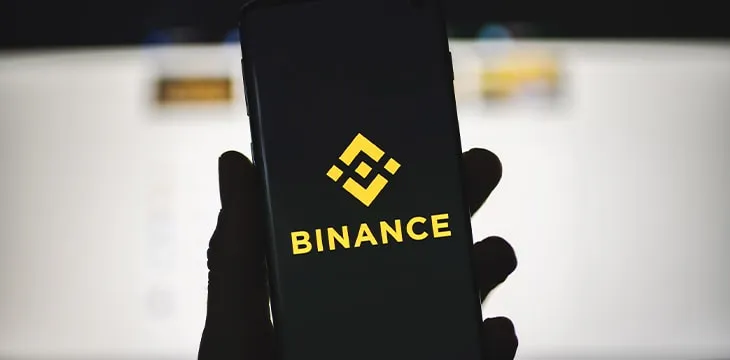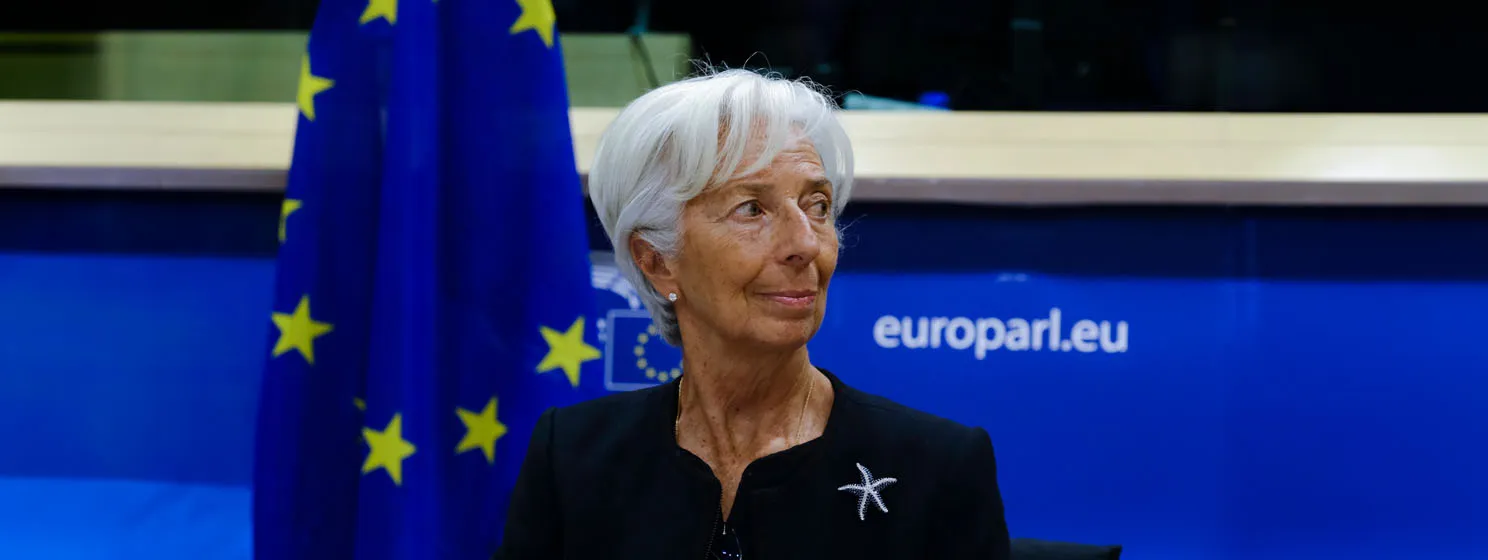|
Getting your Trinity Audio player ready...
|
An ongoing U.S. Department of Justice (DoJ) probe into whether Binance violated the Bank Secrecy Act sought internal records—including communications involving Binance boss Changpeng ‘CZ’ Zhao—to determine if the cryptocurrency exchange was complying with anti-money laundering (AML) rules.
On September 1, Reuters reported on a December 2020 written request sent to Binance by the DoJ’s AML division for ‘extensive’ internal records, including messages exchanged between Zhao and 12 other Binance execs, regarding the exchange’s ‘detection of illegal transactions and recruitment of U.S. customers.’ This included any transactions involving Binance users linked to ransomware, darknet marketplaces and other nefarious endeavors.
Additionally, the DoJ asked Binance for internal records dating as far back to the company’s founding in 2017 on a variety of compliance issues, including any instructions that “documents be destroyed, altered, or removed from Binance’s files” or “transferred from the United States.”
The DoJ was also interested in viewing documents laying out the “business rationale” behind Binance.US, the company’s U.S.-facing offshoot. Binance claimed to have blocked U.S. customers in mid-2019, ostensibly directing them to Binance.US. But a contemporary (since-deleted) tweet by CZ appeared to suggest the use of virtual private networks (VPN) for U.S. customers interested in accessing the far greater liquidity available at Binance’s dot-com mothership.
Leaked internal documents later revealed that the sole reason for the existence of Binance.US was to feign compliance while continuing to generate income from the lucrative U.S. market. The August 2021 resignation of Binance.US CEO Brian Brooks after only three months on the job was rumored to have been sparked by his belated realization that he was simply running regulatory interference for CZ’s primary operation.
When it rains…
Reuters reported that it was unaware of how Binance responded to the DoJ request but CZ tweeted that the exchange had complied with the request because it’s “important for the industry to build trust with regulators.” This is a noble sentiment that’s utterly undermined by Binance’s lengthy track record of taking the high road in public while blatantly ignoring any and all regulations until caught red-handed.
The DoJ isn’t the only U.S. federal agency to put Binance in its crosshairs. The Securities and Exchange Commission (SEC) is reportedly investigating whether Binance’s in-house token BNB is an unregistered security. BNB was launched in 2017 via an initial coin offering (ICO), the structure of which appears to meet the SEC’s Howey Test for determining what constitutes a security.
The Commodity Futures Trading Commission (CFTC) was said to be investigating whether Binance broke U.S. regulations by offering digital asset derivative products to U.S. citizens. Other U.S. agencies are reportedly probing whether Binance enabled Iran-based customers to dodge economic sanctions imposed by the West.
Regulators in countless other countries have either imposed financial penalties on Binance or issued public warnings to their citizens that any funds left in Binance’s control are beyond regulators’ capacity to protect. But somehow none of this seems to have made an impression on CZ, who continues to paint himself and his company as perennial victims of mistaken identity.
Putting the ‘dis’ in ‘disheartening’
On August 30, a Fortune India article fingered Binance as one of the ‘Chinese-origin crypto exchanges’ that are ‘freely operating within India’ despite being ‘notorious for breaking financial laws in many countries.’ India has been taking a harsher stance on many Chinese tech firms accused of taking advantage of Indian citizens, including the Binance-owned WazirX exchange, which stands accused of helping launder funds for predatory Chinese-run loan apps.
A day later, CZ penned a blog post that attempted to downplay Binance’s links to China, in part by talking up the fact that he and his family left China in 1989, when he was just 12 years old, to become Canadian citizens. However, after graduating from a Canadian university, CZ returned to China in 2005, buying an apartment in Shanghai while he tried his hand at building several local start-up projects. CZ remained in China until the country banned crypto exchange operations in 2017.
It’s worth noting that CZ’s professed fondness for his adopted homeland didn’t stop Binance from antagonizing regulators in Ontario, Canada’s most populous province. The Ontario Securities Commission was forced to call out Binance for publicly declaring their intention to stop serving Ontario customers without a local license, only to be exposed for lying about it and forced to do an actual skedaddle tout de suite.
(The bulk of CZ’s blog post was about who/what/where is Guangying Chen, but delving into this aspect would take too long for the purposes of this article and there’s a pretty decent debunking of CZ’s claims that you can read here.)
CZ’s blog also took issue with media outlets that echo the “negative campaigns” of Bloomberg/Reuters/Fortune et al, a group that apparently includes the site you’re currently reading. CZ laments how “disheartening” it is for him to “explain the differences between an organization like CoinGeek versus CoinDesk to people in positions of real power.”
First, hey, CZ… thanks for reading. Second, it’s no great mystery why CZ would prefer CoinDesk’s less critical coverage, given that CoinDesk is owned by Digital Currency Group, which also holds stakes in the Kraken and Shapeshift exchanges. Those latter two companies, along with Binance, led the 2019 anti-competitive campaign to delist Bitcoin SV (BSV).
CZ has tried to paint his anti-BSV sentiment as a free speech issue, a way of censuring BSV supporter Dr. Craig Wright’s legal pushback against individuals who repeatedly defamed Wright on social media. But it’s increasingly obvious that the anti-BSV campaign was spawned by the recognition that BSV poses an existential threat to all the function-free tokens on which exchanges like Binance earn lucrative trading commissions.
Honestly, the irony of CZ’s annoyance at Binance being labeled a Chinese company is immense, given that he’s expressed no annoyance whatsoever with Wright having suffered far greater indignities from the crypto media’s refusal to accept his status as the real-world figure behind Satoshi Nakamoto, the pseudonymous author credited with authoring the 2008 Bitcoin white paper.
Anyway, CZ’s frustration with mainstream media voices constantly labeling Binance as a charter member of the Crypto Crime Cartel recalls how, back in the early 1980s, members of Iron Maiden used to go around wearing T-shirts that declared: “NO! We are not an English rock band… We are dental floss salesmen from Montana.” Perhaps Binance could start churning out similar swag, identifying staff not as crypto criminals but as Beanie Baby wholesalers from Medicine Hat.
We’ll give the last word to CoinGeek founder Calvin Ayre, who responded to CZ’s blog post by declaring: “I am also Canadian…but I tell the truth.”
Follow CoinGeek’s Crypto Crime Cartel series, which delves into the stream of groups from BitMEX to Binance, Bitcoin.com, Blockstream, ShapeShift, Coinbase, Ripple,
Ethereum, FTX and Tether—who have co-opted the digital asset revolution and turned the industry into a minefield for naïve (and even experienced) players in the market.

 05-06-2025
05-06-2025 





